Not Afraid!
Sal, Not Afraid
Sal’s laughter carried across the frozen Montana fields, sharp and sweet against the kind of January wind that cuts into bone. Sixteen years old, restless with all the contradictions of being a teenager, she stepped out of the broken-down van in nothing more than jeans and a light coat. The van sputtered, the night stretched wide, and the world shifted. Selena. Not Afraid. Her name sounded like a promise.
Twenty days later, the same field gave her back, silent.
Selena Not Afraid was not a headline, not a statistic. She was a girl—Crow and Nakota, sister, niece, daughter—living the messy, ordinary brilliance of sixteen. She laughed easily, carried herself with the spark of someone on the edge of adulthood, and should have had years of small rebellions, loud music, and second chances ahead of her. But on New Year’s Day 2020, she vanished at a rest stop outside Billings, Montana.
Her family never stopped calling her “Sal.” When she didn’t come home, her aunt, Cheryl Horn, set up camp at that rest stop. For twenty agonizing days, the family searched, prayed, and pleaded for answers. Volunteers tramped across frozen fields. Social media carried her name. For weeks, the only warmth was the fire her loved ones kept burning against the cold.
On January 20, searchers found Selena’s body less than a mile from where she had last been seen. Authorities said she died of hypothermia. No foul play, they ruled. But her family knew better: Selena had been left behind, vulnerable, improperly dressed, stranded in winter’s grip.
Her name became a rallying cry. Not Afraid. Cheryl Horn turned grief into advocacy, refusing to let her niece’s story fade into silence. She joined the Missing and Murdered Indigenous Women movement, offering guidance to other families, carrying not just Selena’s memory but the names of countless Indigenous girls and women who never came home.
And the grief was compounded by a family history already carved by loss. Selena’s twin sister, Zoey, died by suicide at eleven. Her brother, Preston, was shot by police after a chase. Her sister Tristen was struck and killed in a hit-and-run. By the time she disappeared, Selena’s family had already endured more tragedy than most can fathom. Her death was not just another blow; it was part of a pattern of violence, neglect, and systemic indifference that Indigenous families know too well.
Almost five years later, on December 31, 2024, prosecutors finally filed charges. The driver of the van, Robert Alvin Morning-Bromley III, was charged with criminal endangerment—accused of abandoning Selena and another woman in the freezing cold, intoxicated, unprotected. His decision “created a substantial risk of death or serious bodily injury,” court documents said. For Selena’s family, it was a sigh of relief, a crack of accountability after years of silence.
Her aunt called it closure. Not the end, but a chapter. “We can’t forget the girls behind her,” she said. Because Selena’s story is one among thousands.
Indigenous women and girls disappear at rates far higher than any other group in Montana, and across the United States. They are daughters, sisters, friends, human beings whose lives should have been safe, full, unbroken. Selena’s story reached headlines, but most do not.
And yet—her name remains. Not Afraid. It is a reminder of who she was and of the courage her family carries forward. A reminder that justice delayed is still not justice fulfilled. A reminder that her laughter once echoed across the Montana plains, and that her story deserves to be told not as a statistic, but as a life.
Johanna Elattar
Contributor Bio: Johanna Elattar is a journalist and writer based in Western New York. Her work explores identity, trauma, and the human experience. She has been featured by Oxford University Press and in local publications across the Southern Tier.
Portfolio: Wellsville Sun
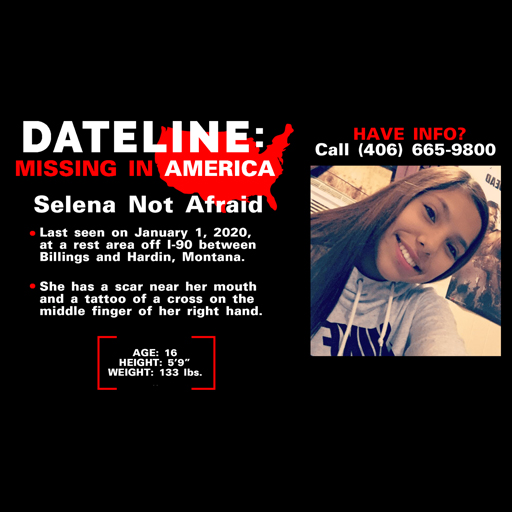
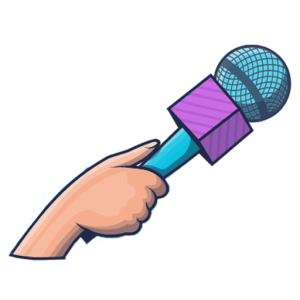
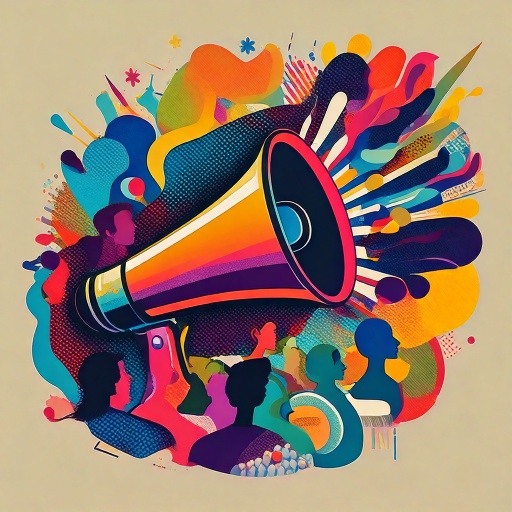
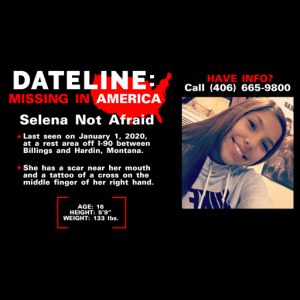
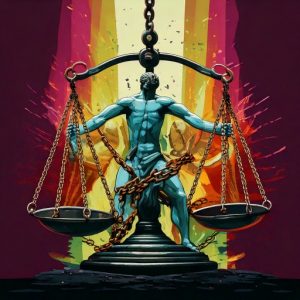
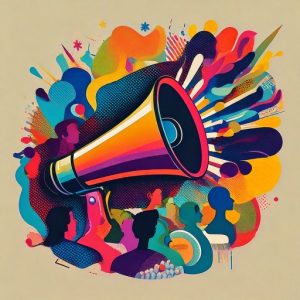
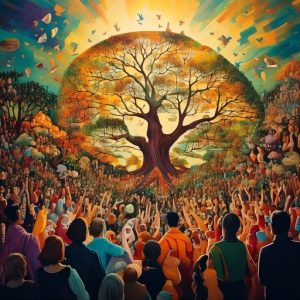
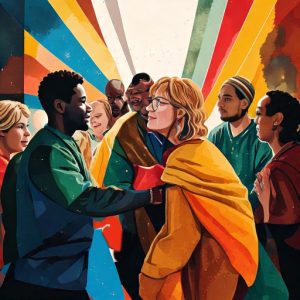
Post Comment
You must be logged in to post a comment.